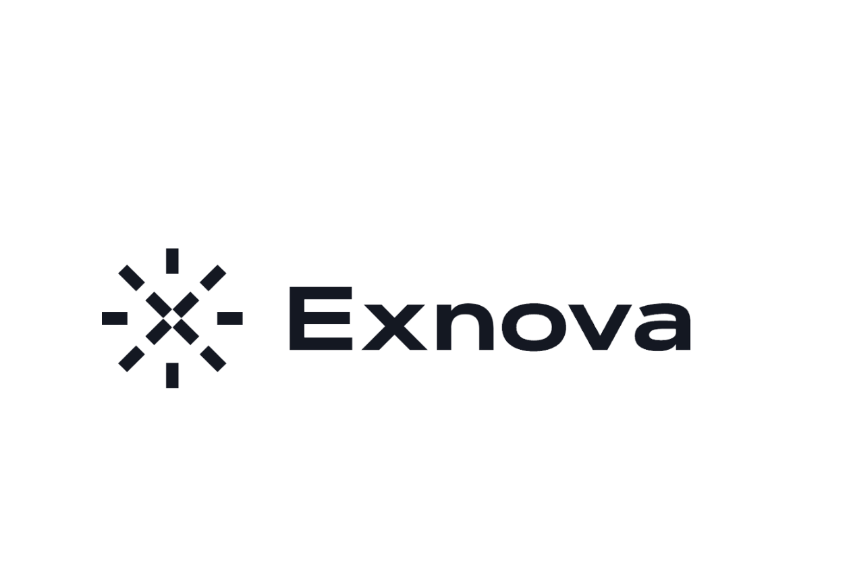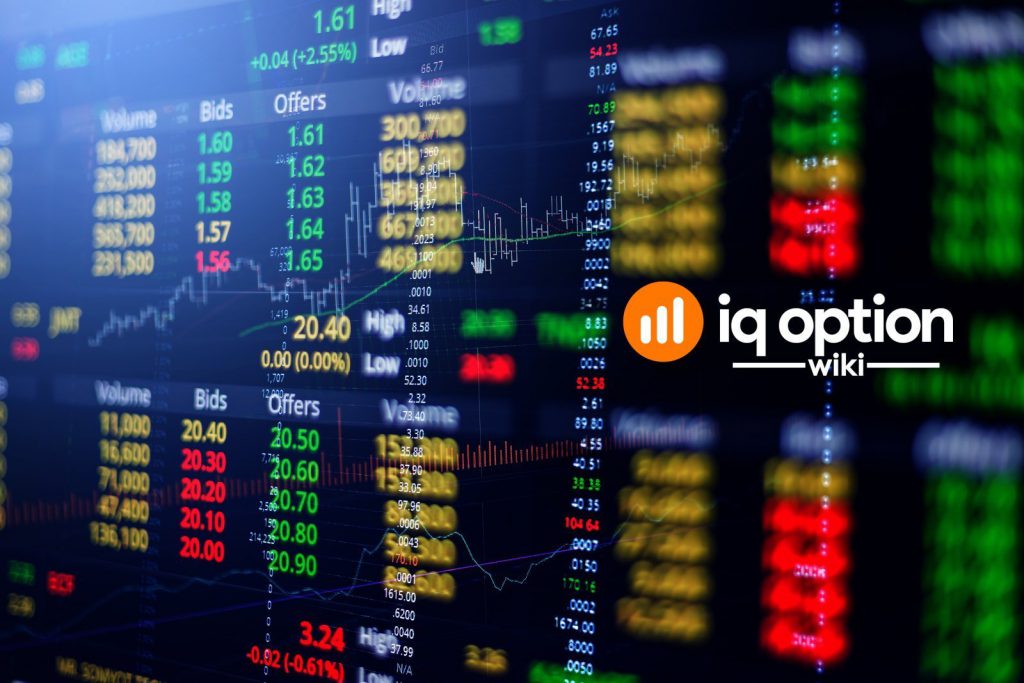Binary options and CFDs are often under criticism, as they are highly speculative financial transactions and many newcomers have already lost high amounts of money in a short period of time. Nevertheless, many investors continue to try both forms of trading, because of the high potential for overall loss and the high profits that are possible. What you should keep in mind when investing in CFDs or binary options, and how to identify which of the two options is best for you, is explained in the following article. We will also take a look at the possible transitions from one trading variant to another and what newcomers and changers should look out for in order to be successful in online trading and face no financial problems.
Binary options specially designed for beginners
Binary options are particularly easy to understand because they are simple financial bets. Unlike CFDs, where the exact return depends on how much the price changes, binary options are just “cash or nothing”: either, the trader makes a profit that is fixed from the start, or he Completely loses his bet. The difference between profit and loss includes the charge and therefore need not be calculated separately.
The trading course for binary options has also been greatly simplified. When trading with CFDs, there are several different things to look at: The position must be opened at the right time, and it must be decided when to close it again. There are many other points to bear in mind, for example, with various order functions at a given loss, positions can be closed to limit the maximum loss. Also it is possible to take profit on predetermined amount. On the other hand, for binary options, the trader only needs to open a position and set the maturity. Everything else happens automatically, so that traders here have less influence on their profits, but at the same time the margin of error is greatly reduced, which is especially suitable for beginners. On the other hand, professionals usually prefer CFDs as they give them more options for different trading strategies.
CFDs offer more options and a cost advantage
When choosing between binary options and CFDs, binary options are often advised, as they are much less complicated and therefore easier to understand even for beginners. Here, however, we recommend not to rush against CFDs, as they also have some key advantages.
CFDs cover all aspects of off-exchange trading, whereas only binary options are singled out. Thus, they provide more opportunities and traders gain more valuable trading experience that can be important for the rest of their careers.
The cost advantage is also on the CFD side. For binary options, in a winning case only 80-90% of the bet is paid, while in a losing case it is 100% of the bet. For some providers, the profit margin is even lower. Thus, a binary options broker makes on average more than 5% profit per trade, which is relatively high. For CFDs, fees are usually calculated in the form of spreads and are much lower than for binary options. Some trading accounts have commissions instead of spreads, these are far below the broker’s leverage in binary options.
So there are some good reasons to trade CFDs. If you take the time to deal with the more complex of the two products, you can benefit from them under better conditions in the long run.
trade against the broker
Critics of forex trading often criticize that the brokers keep the courses themselves. This is the case with almost all brokers for binary options and most CFD brokers as well. Thus, brokers have the opportunity to make a profit when the trader loses their trade, as the broker acts as a direct counterparty to the trade.
For this reason, brokers are often accused of manipulation, which has happened repeatedly in the past. Frauds of brokers should be stopped by a comprehensive regulation. Competent regulatory authorities pay attention to irregularities and, if suspected, intervene quickly. Nevertheless, fraud is not excluded and clients should only trade with brokers with good regulation and a good reputation. A questionable broker may still offer such good trading conditions that when traders are being cheated out of their money, registering with that provider is almost automatically a loss.
In CFD trading, the problem of trading against a broker can be circumvented by choosing a so-called STP broker. He does not design his own courses, but sends clients’ orders directly to the market, where they are executed between different participants under the best conditions available at that time. STP brokers are considered by industry experts to be particularly safe and often offer very favorable trading conditions.
Above all, trading binary options carries a high risk of price manipulation, which is why clients should take special care when choosing brokers.
Not only differences, but also many similarities
Among other things, Binary Options was modeled on CFD trading and aims to provide newbies with a trading opportunity that is very easy to understand and implement, while offering the benefits of CFD trading. Therefore, CFDs are much more than just binary options. Even in terms of risk, there are great similarities. Therefore, traders should not invest in binary options or CFDs that they could easily do without. Loss of the full deposit is possible at any time. In addition, some CFD brokers are also obliged to make additional payments should clients lose more money than they have deposited in their trading account. These losses must be offset by another deposit.
The variance in binary options is even higher than in CFD trading, which is already volatile. It belongs to the lower decision options, as it depends more on chance.
Binary options and CFDs require good risk management if they are to be dealt with seriously. Otherwise, the risk of total loss due to variance is so high that it will happen sooner or later. The trading balance is then lost and trading cannot continue without fresh investment. Even with well-thought-out risk management, traders are not 100% protected against losing their entire deposit. However, the high risk can be reduced significantly, although it is still a very speculative form of trading.
Switching to binary options or CFDs is not difficult
If you have thoroughly studied the risks and are now opting for binary options or CFDs, you do not need to worry about making the wrong choice and making a long-term commitment to a less suitable option for you. Since both financial instruments are very similar, you can switch between CFDs and binary options at any time. Of course, in this case it is always important to familiarize yourself with the features of the new product and, if possible, to practice first with a free demo account, but the trading principles are very similar for both products.
If you switch from binary options to CFDs, you will have to learn some additional things, as CFDs are more complex. Many brokers provide free training material, which usually pays. You should also deal from the outset with additional funding. While it is rare for a position to be automatically closed following a margin call, it can be very volatile and CFD traders lose many times their actual deposit. This last happened in 2015 in the infamous “Franken-Shock”, when many traders not only lost their entire balances, but also had to file for personal bankruptcy. Therefore, converters should be familiar with the stop-loss function in CFD trading right from the start.
If you are switching from CFDs to Binary Options, you already know the basics of trading. Note here that binary options have more variance than the already very volatile CFD market. Therefore, even more conservative risk management is required if you want to get serious about trading binary options for long term profits. Even choosing the right broker is more difficult than trading CFDs with binary options, as there are more dubious providers and payout amounts sometimes vary greatly. If you want to make profit with binary options, you must make absolutely sure that the highest possible percentage of the stake is paid out in the event of a win.
Find the most suitable financial instrument with a free demo account
If you are not sure whether binary options or CFDs are more suitable for you, you should first trade both financial instruments with play money. So you can use binary options. CFD will compare and find to quickly learn the similarities, but also the differences through practical experience.
If you have found “your” trading variant, you should only open a trading account with real money, as it is not advisable to trade binary options and CFDs in parallel. Focus on either trade and get maximum profit here! Before you open a trading account, compare different brokers thoroughly, as not all are serious. There are also clear differences with the cost to trade, which strongly affects the potential profit.
Industry insiders prefer brokers based in the EU and thus regulated under strict MiFID guidelines. These offer the maximum possible security, so traders do not have to worry that profits will be paid out safely and focus solely on trading.
Conclusion: See in advance which trading option suits you
Before you decide to invest money in a financial product, you should have a good look at its features. Compared to binary options. CFDs have shown that CFDs are significantly more complex, but also provide more opportunities to actively influence your own opportunities. Both products are highly speculative and carry a great deal of risk. All of the capital can be lost, and the need for additional funds can also lead to substantial losses without proper safeguards.
Therefore, only trade with CFDs or binary options if you have the financial resources to do so. Although minimum deposits are usually low, you should really only deposit money that you plan specifically for trading and that you can take into account of losses.
Before registering with a broker, compare it with other providers and make sure it is a very serious provider with reliable regulation. Even if the terms and conditions are lengthy, you should read them in full before registering, as this is the only way you can find out if the broker is making it difficult or impossible to agree to a professional trading under suspicious circumstances .








